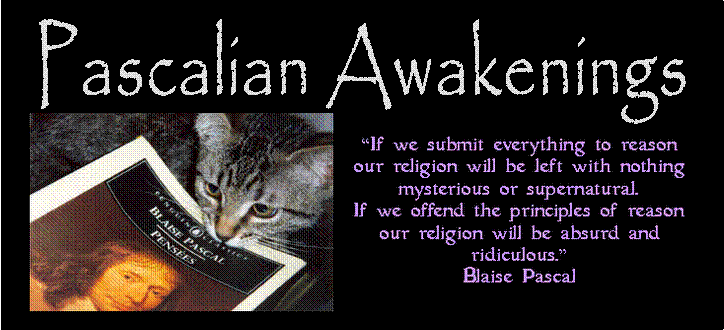Olson states that postconservative evangelical theology regards true orthodoxy as generous. "Postconservative evangelicals worry that orthodoxy is often used as a cudgel to attack and batter dissident and marginal voices even among the faithful. Orthodoxy should not be a weapon in the hands of heresy-hunters but a beacon to guide sojourners away from rocks and toward the shore of truth. It should be relatively simple and straightforward, attractive and welcoming, flexible and adjustible--not on demand but in response to new situations and contexts and especially in response to fresh and faithful biblical interpretation." (p. 197)
On page 198, Olson sates that postconservative evangelicals fear that conservative evangelicals have packed too much detail into orthodoxy "so that the evangelical faith as taught in many seminaries is suffering from hardening of the categories and being used to drive God-fearing, Jesus loving, Bible0believing people away." Some systematic theologies are esteemed by some conservatives as timeless standards of evangelical orthodoxy and are being used to define and defend boundaries that exclude people of faith. Alister McGrath recognizes this tendency and argues,
An evangelical theologian should not be challenged concerning his evangelical credentials merely because he fails to agree completely with Jonathan Edwards, or B.B. Warfield, or John Stott...We must acknowledge the provisionality of our interpretations of Scripture--which is, of course what all good theology ultimately is--and be prepared to have them challenged and corrected by others as part of the corporate evangelical quest for biblical authenticity.Olson continues by stating that postconservatives draw upon tradition, but more especially on Scripture to construct an orthodoxy that is basic and essential to the gospel of Jesus Christ, but not elaborate, detailed, and exclusive of everyone and everything that disagrees with some detail. He then states the maxim, "In essentials unity, in non-essentials liberty, in all things charity."
Olson notes Alister E. McGrath, "Engaging the Great Tradition: Evangelical Theology and the Role of Tradition, " in Stackhouse, ed., Evangelical Futures, 150.
There is something to think about.



